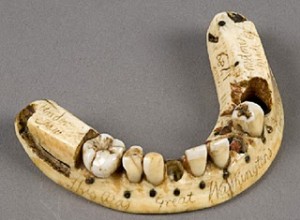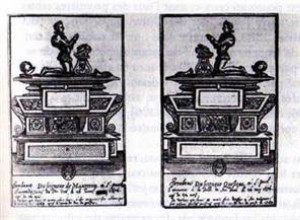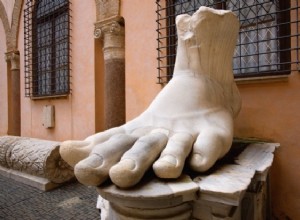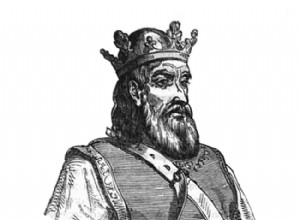To the logical dental problems due to lack of hygiene, the best ally for cavities, sugar, was added. During the 17th century, sugar was already being consumed all over the world and the dental profession began to gain prestige… and money. The first dental prostheses could be made of wood, porcelain




